Uganda slams US meddling after envoy’s bid to visit defeated opposition figure
Uganda has accused the United States of attempting to subvert last week’s presidential polls after the American ambassador to the country attempted to visit an opposition leader under house arrest.
“What she has been trying to do blatantly is to meddle in Uganda’s internal politics, particularly elections, to subvert our elections and the will of the people,” Uganda’s government spokesman Ofwono Opondo said on Tuesday, referring to US Ambassador to Kampala Natalie Brown.
“She shouldn’t do anything outside the diplomatic norms,” Opondo emphasized, further noting that Brown had a track record of causing trouble in countries where she had worked in the past and insisting that the government was watching her.
The development came after government authorities prevented Brown from visiting with pop star-turned-legislator Bobi Wine — whose real name is Robert Kyagulanyi — at his residence in suburban Kampala on Monday.
According to a statement by the US Embassy, Brown wanted to check on the “health and safety” of Wine, who became famous after years of singing about alleged government corruption and nepotism, allegations denied by the government.
Government forces cordoned off Wine’s house shortly after he cast his ballot in Thursday’s presidential election.
The sharp, public criticism of the United States by the Ugandan government was relatively unusual as the two countries remain allies. The US backs Ugandan soldiers serving in an African Union peacekeeping mission in Somalia and has donated nearly 1.5 billion dollars to Uganda’s health sector in the past three years.
There was no immediate comment from Brown or the US Embassy.
The embassy has claimed that last week’s vote was tainted by the harassment of opposition candidates, suppression of media and rights advocates, and a nationwide internet shutdown.
“These unlawful actions and the effective house arrest of a presidential candidate continue a worrying trend on the course of Uganda’s democracy,” it said.
The US and the European Union did not have observer missions for the polls since Ugandan authorities denied accreditation and did not implement recommendations by such missions in the past.
Troops raid opposition party offices amid poll challenge
Meanwhile, Wine’s National Unity Platform (NUP) political party also accused government forces of raiding its headquarters on Monday amid efforts by its staff to launch a legal challenge against President Yoweri Museveni’s re-election in the poll.
The opposition leader demanded that the military release him from house arrest, saying his home in the capital of Kampala was not a legally recognized detention center. He further alleged that government troops had assaulted his spouse.
Military spokeswoman Brigadier Flavia Byekwaso, however, said she was not aware of the alleged incident, noting that Wine’s house had been surrounded for his own safety.
Moreover, police spokesman Patrick Onyango announced that opposition National Unity Platform (NUP)’s office had been cordoned off for security reasons, without elaborating on whether soldiers had entered the premises.
The government wants to disrupt the documentation of voting fraud, NUP spokesman Joel Ssenyonyi alleged. “They don’t want work to continue at our offices because they know that we are putting together evidence to show the world how much of a fraudster Museveni is.”
The electoral campaign and the voting last week were marred by a deadly crackdown by security forces on opposition supporters and an internet shutdown. At least 54 people were reported killed in one week of protests in November last year.
Uganda’s electoral commission declared incumbent Museveni the winner of the January 14 election on Saturday, sparking protests. Wine, a pop star-turned-legislator, came second and claimed Museveni had won by fraud.
Following the polls, in which voters were also electing members of parliament, Wine’s NUP secured 61 seats. Five other opposition parties won 48 seats, giving opposition lawmakers a total of 109 seats in the next legislature, compared to 316 won by the ruling party, according to a government statement released on Monday.
During his campaign, Wine had appealed to youths to vote out Museveni, who is 76 years old and who has been in power since 1986. Wine’s songs frequently criticized Museveni for corruption and nepotism, allegations he has denied.
Museveni has also dismissed the charges of voter fraud.
The law gives opposition parties 20 days following the declaration of vote results to challenge them in the Supreme Court.
Israeli soldiers selling loot stolen from Gaza, Lebanon: Report
Iran rejects 'absurd' UK claim of posing national security threat
VIDEO | Italy's judiciary ignoring penal complaint against Italian government for complicity in Israel's Gaz
Iran envoy urges joint action with Afghanistan to resolve refugees issue
Columbia University students criticize brutality against pro-Palestinian protests
Why any post-war 'plan' for Gaza that ignores Hamas is doomed to fail
VIDEO | Public anger in South Korea as 15 civilians wounded in US war games
Sky News runs 'smear campaign' to ban Lebanese scholar in Australia


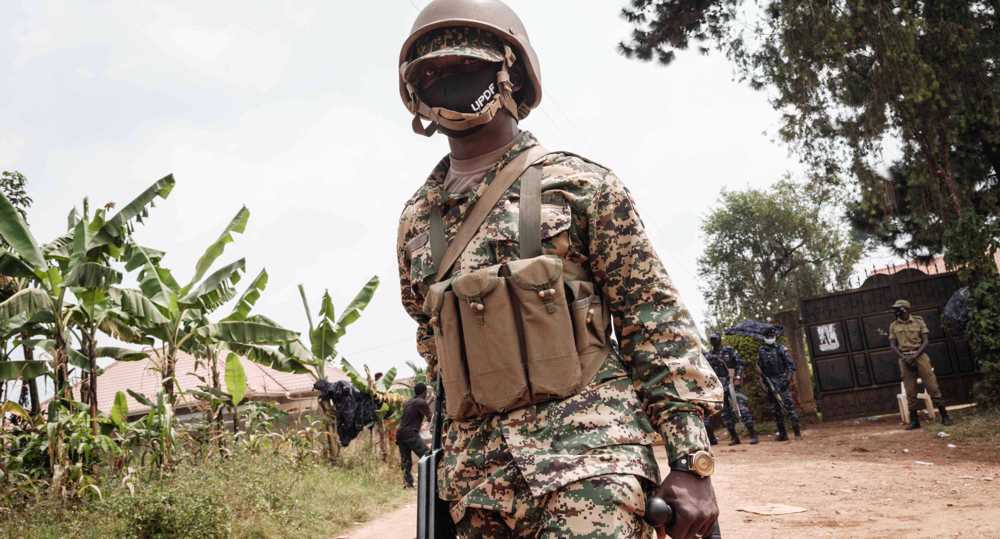


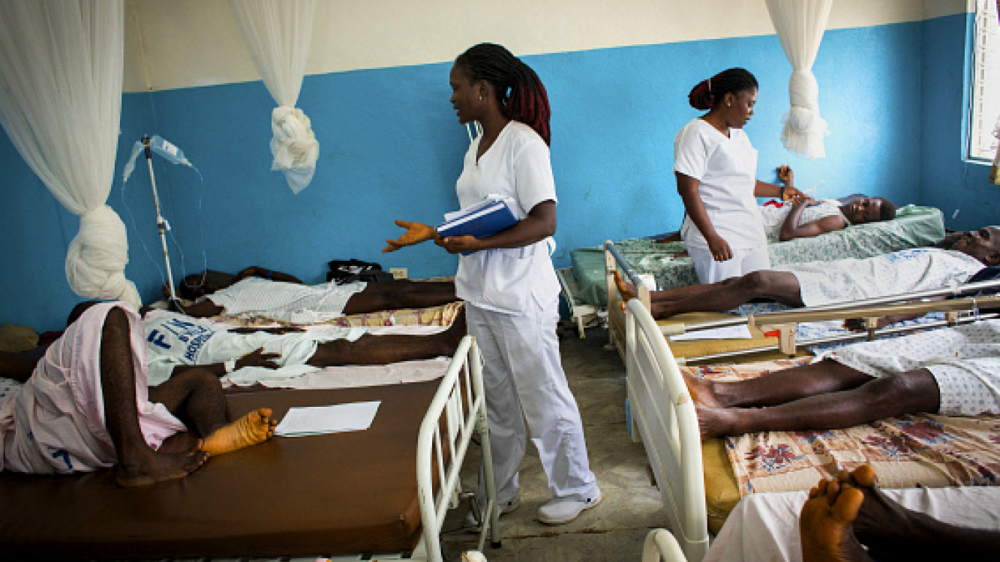
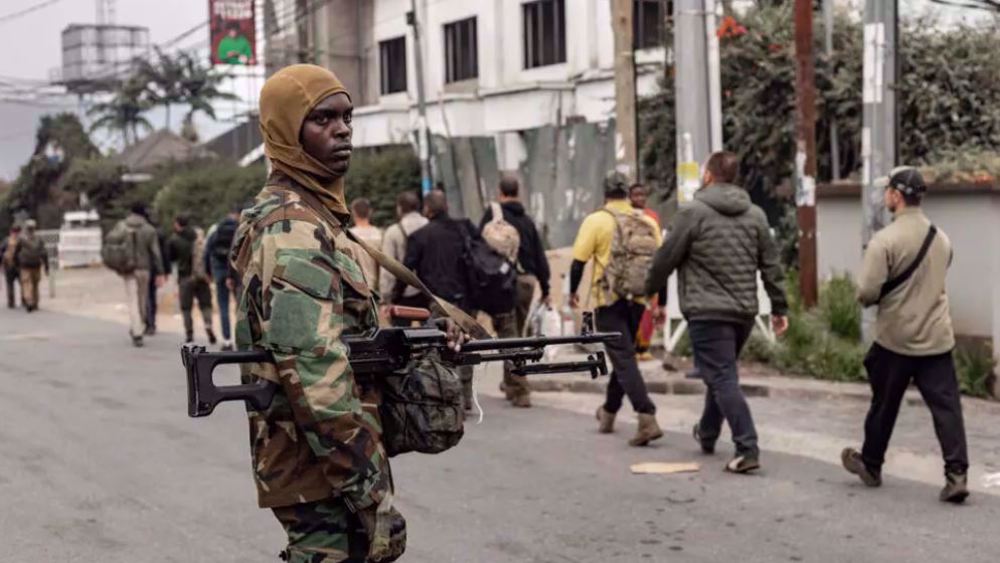



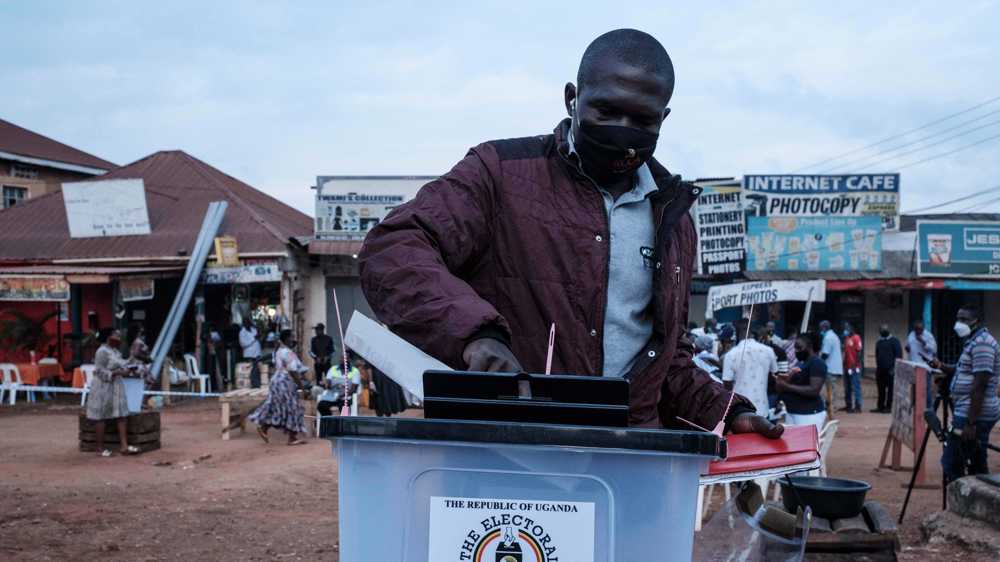
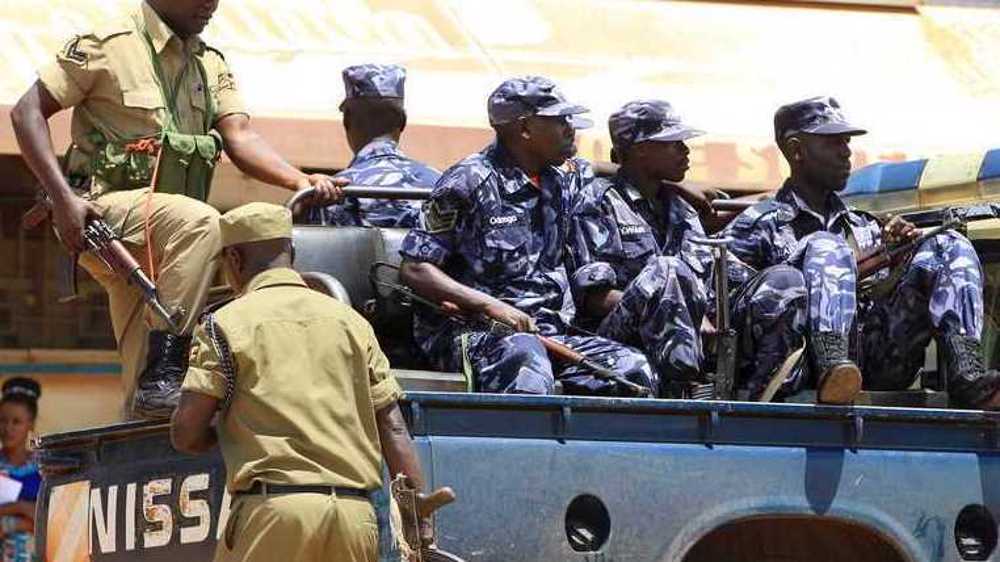
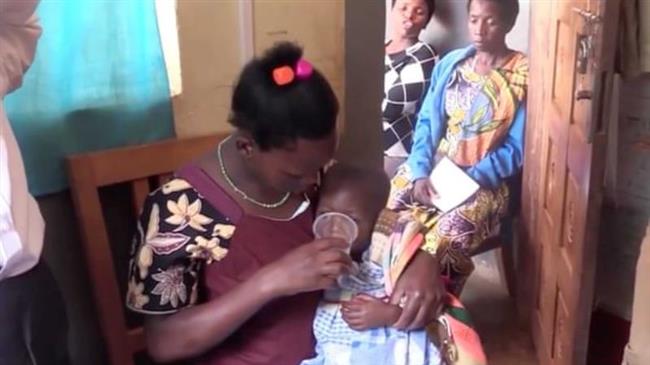

 This makes it easy to access the Press TV website
This makes it easy to access the Press TV website